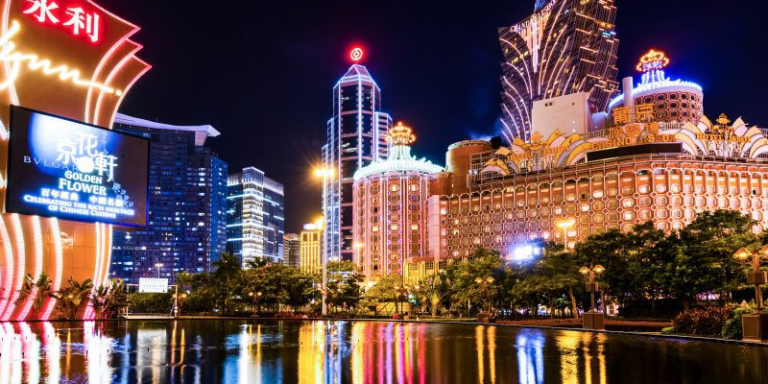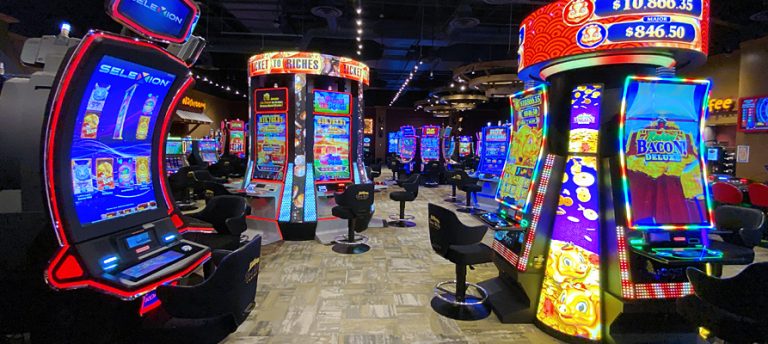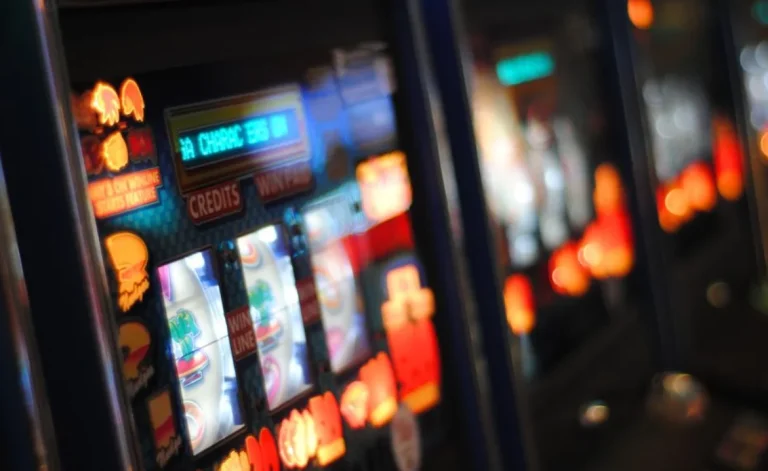Despite Japan’s strict gambling laws, millions of Japanese people continue to place bets on illegal online gambling sites. According to a recent report from Japan’s Council of Sports Ecosystem Promotion, gamblers in Japan wagered approximately 6.45 trillion yen (around US$45 billion) on unregulated online gambling platforms in 2024.
Current Gambling Landscape in Japan
Gambling in Japan is heavily restricted and primarily limited to the state-run lottery, sports lottery, and parimutuel betting on horse racing and motorsports. However, this is set to change with the upcoming launch of MGM Osaka, Japan’s first legal land-based casino, operated by MGM Resorts.
Pachinko parlors, widespread across the country, are not officially classified as gambling because players win prizes rather than cash. Yet, many pachinko venues have nearby cash redemption centers, creating a unique loophole.
Why Illegal Online Gambling Thrives
Japan’s government controls sports gambling exclusively through its Sports Promotion Lottery (“toto”), which caps bet sizes and winnings. This limitation has driven many Japanese gamblers to offshore sportsbooks and online casinos offering higher stakes, better odds, and attractive promotions.
The National Police Agency assisted with the research for the Council’s report, analyzing illegal gambling charges and data shared by regulated overseas iGaming operators. The findings reveal that roughly 3.37 million Japanese used illegal offshore online casinos in 2024, placing bets worth about 1.2 trillion yen.
The illegal online sports betting market is even larger. Known as the “Freeride Market,” it accounts for approximately 4.9 trillion yen in illicit wagers, with over half (2.9 trillion yen) placed on soccer alone.

Legal Concerns and Consumer Risks
The Council’s report highlighted that some foreign sportsbooks operating in Japan may be violating copyright and publicity rights, effectively providing illegal services to Japanese residents. Many bettors claim they were unaware that their gambling activities were unlawful when caught.
Major offshore gaming hubs include the Philippines, Malta, Curacao, the Isle of Man, Anjouan, and Ukraine. While these jurisdictions issue licenses allowing operators to serve foreign customers, critics warn of weak consumer protections, including lack of fair play guarantees and unreliable payouts.
Pachinko’s Unique Status
Though pachinko resembles slot machines, it is legally treated as a form of amusement rather than gambling. Players win prizes, which are often exchanged for cash at separate but nearby facilities, sometimes owned by the same operators.










